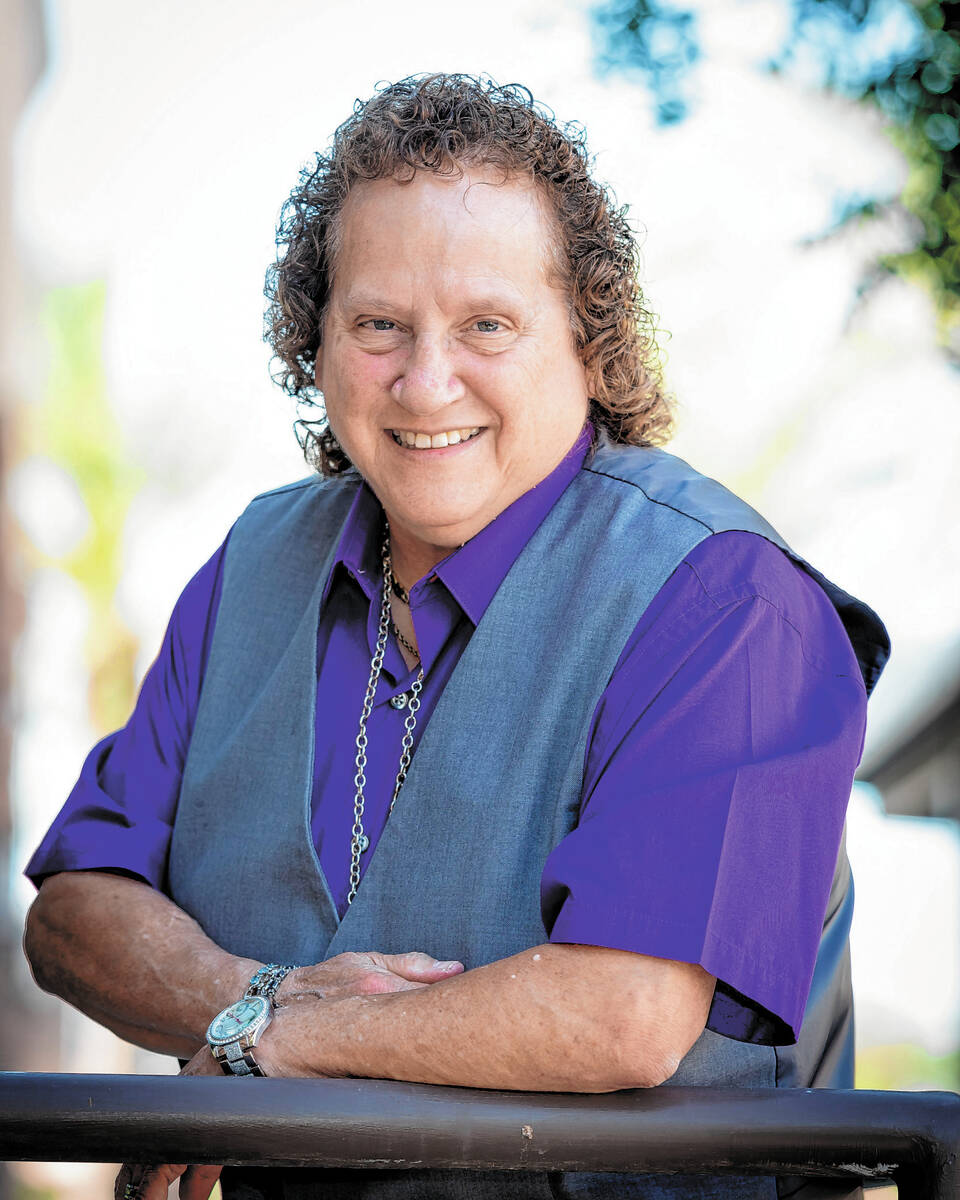Homeowner in good standing until board says otherwise
Q: We have a board member who wants to submit his intent to run. He has a violation and will be called to a hearing in January after the election. This is the second time being called to a hearing. As I understand it if (he is) not in good standing (which would be a violation) he could not apply. And then if he chooses not to pay the fine again he is not in good standing.
A: Until he has a hearing and a decision is made by the board, this homeowner would be in good standing. Remember, he is being called to a hearing for an alleged violation.
Per Nevada Revised Statutes 116.31034 (9b), a candidate shall not be deemed to be in good standing if the candidate has any unpaid and past-due assessments or construction penalties that are required to be paid to the association. The law states that the homeowner is to disclose if he or she is a member in good standing. Disclosures must be sent along with the ballot to the homeowners.
Sections 10 -12 of this law list who may not be a candidate for the board. These sections of the law do not explicitly include not being a member in good standing. You would also need to review your bylaws as to what situations would disqualify a person from serving on the board. Section 13 states that if the homeowner falls into the list of those who cannot serve on the board (10-12), the association is prohibited from including their name on the ballot. In addition, that homeowner would not be able to ever serve on the board.
NRS 116.31031 (9a) states that a member of the board shall not participate in any hearing or cast any vote relating to a fine if the member has not paid all assessments, which are due to the association by the member. If this member participates in a hearing in violation of this subsection, any action taken at the hearing is void. If the member casts a vote in violation of this subsection, the vote is void.
Q: I’m hoping you can help me figure out if we have a problem or not. The president of the homeowners association started working in real estate. Now, her business contact information is listed below her name on every email she sends. Several property sales have been handled by her. Is this a problem or not?
A: There is no specific NRS law addressing this issue. Under NRS 116.3103 (1), members of the board are fiduciaries and shall act on an informed basis, in good faith and in the honest belief that their actions are in the best interest of the association. Under (1a) of this law, directors are required to exercise ordinary and reasonable care of a nonprofit organization, subject to the business judgment rule and (1b), are subject to conflict-of-interest rules governing the officers and directors of a nonprofit organization under Nevada laws.
The business judgment rule is a legal doctrine that protects corporate directors from liability for their business decisions:
Presumption of good faith
The rule assumes that directors acted in good faith, which means they acted with the care and loyalty that a reasonable person would use, and that they believed their decisions were in the company’s best interest.
Your association may or may not have any regulations pertaining to this issue but there is no reason why this director cannot use her position on the board, as president, as a byline when she sends emails that specifically pertain to the association and not use her business contact.
Barbara Holland, CPM, CMCA and IREM chapter president-elect, is an author, educator and expert witness on real estate issues pertaining to management and brokerage. Questions may be sent to holland744o@gmail.com.



















